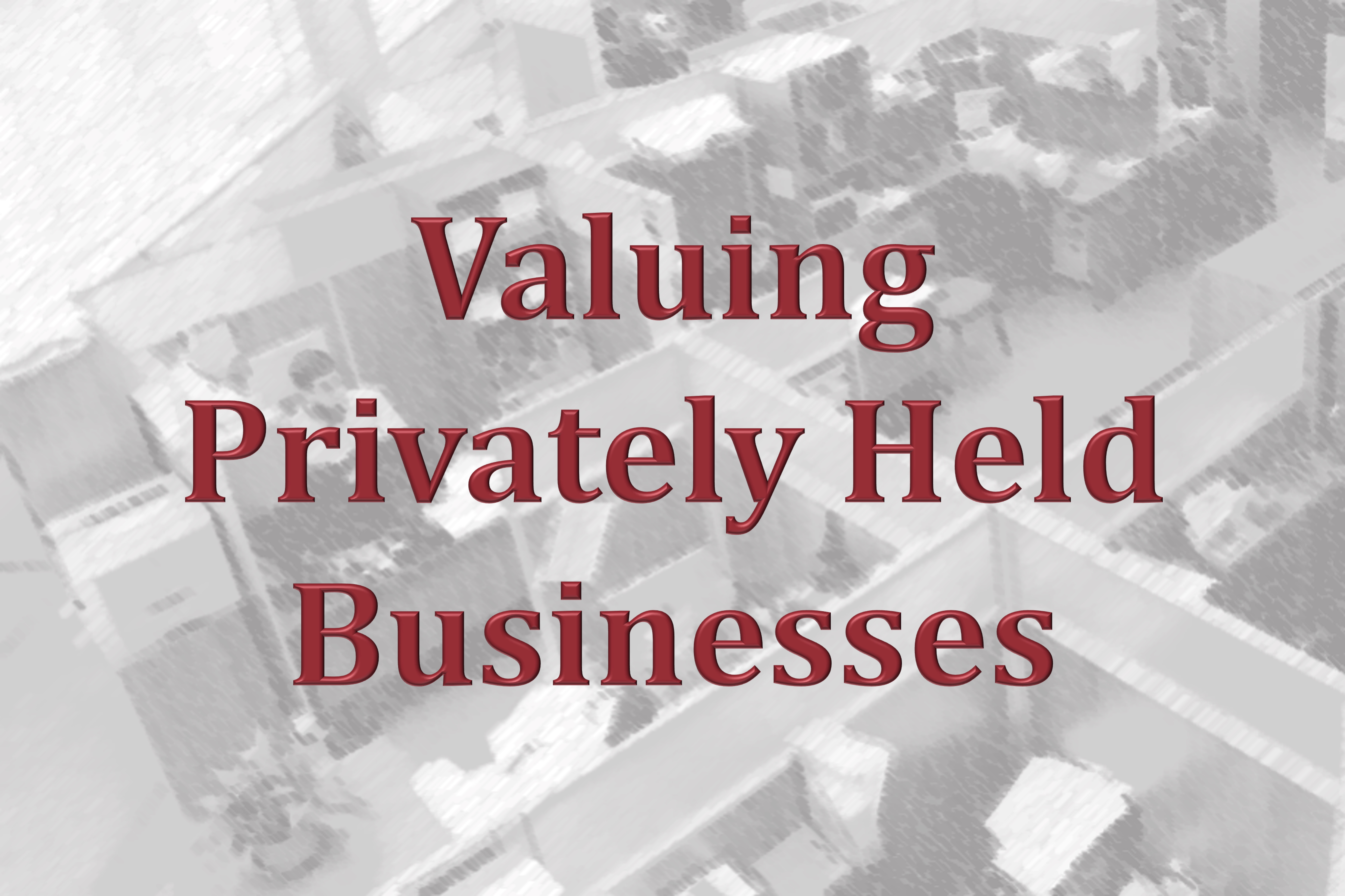Bust-out
Bust-out occurs when a company obtains goods from creditors and sells those goods for cash with the intention of never repaying them. Goods are ordered by a bogus company, usually with a name that resembles a well established, well known and reliable business but the company has no intention of paying for the goods. The company intends to buy the goods on credit, sell usually at a discount and leave the vendor with an unpaid accounts receivable.
The bogus company may also buy an existing company with good credit and use its good credit rating to order goods that they have no intention of paying for. The goods are sold usually at a discount and then the bogus company filed for bankruptcy forcing the supplier to write-off large bills.
In order to protect against a bust-out, prospective customers that are new businesses need to be evaluated carefully on whether credit should be extended to new companies. Other important factors that need to be analyzed are:
- Suspicious banking transactions such as cash infusions with no correlation to inventories
- False credit references
- Warehouses with high-volume, low-cost items
- Bankruptcy schedules that do not include receivables
- Fraudulent financial statements where actual inventory levels do not match recorded inventory levels
- Disproportionate liabilities to assets
- No existing corporate bank account
- Principals previously involved with failed companies
Bleed Outs
Bleed outs occur when a company gets rid of its assets over a longer period of time by shifting them to insiders.
A forensic accountant will investigate the following in a bleed out:
- Diversion of health care and pension funds by the debtor
- Have funds been transferred to individuals with no involvement in the company prior to filing bankruptcy
- Assets are sold prior to the bankruptcy filing
- Excessive loan payments are made to corporate officers
- Insiders receive excessive salaries and bonuses
Rent/equity skimming
Rent or equity skimming is a process in which the debtor acquires title to several properties without any intention of paying the mortgages. The debtor continues to collect the rental proceeds and then files bankruptcy in order to stall foreclosure.
The following items will be investigated b the forensic accountant:
- Failure to make mortgage payments
- Transfer of entire or partial interest prior to foreclosure
- Fake business addresses
A forensic accountant has the specialization needed in conducting a detailed review of financial statements, bank documents and other business records, as well as tracing transfers and cash flows across multiple entities and individuals.






